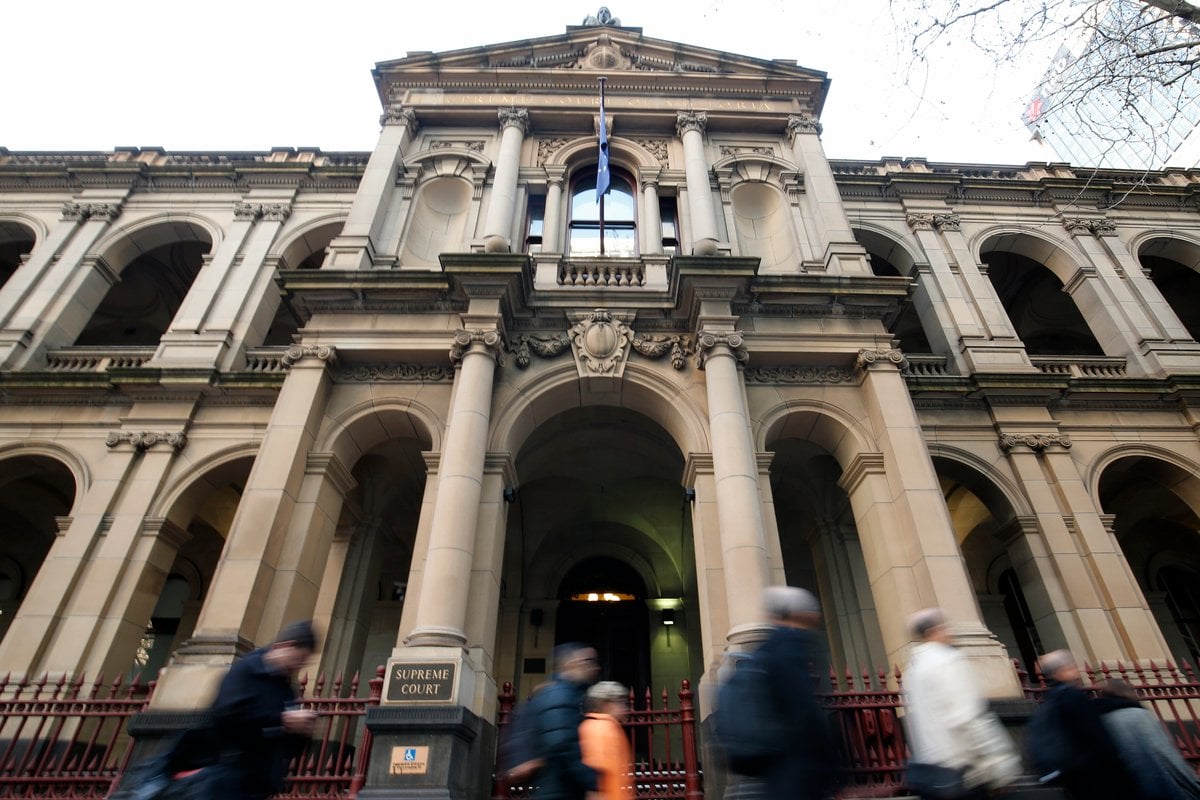
This post deals with sexual assault and might be triggering for some readers.
As the clock ticks over into Wednesday, Victorian survivors of sexual assault will once again have ownership of their own stories. They will be able to speak up for themselves and others or to speak out against their offender.
For the last eight months, these men and women have been prevented from telling their stories through the press or social media using their real names courtesy of a controversial law introduced by Victorian Government.
But following a concerted, coordinated campaign called #LetUsSpeak, that's all due to change.
What were the gag laws? And why are they controversial?
On February 7, 2020, the Victorian Labor government, led by Premier Daniel Andrews, ushered in changes to the state's Judicial Proceedings Reports Act 1958.
The act plays an important role in protecting sexual assault survivors who do not wish to be identified in media reports about their case.
However, in their effort to bolster the law, the Victorian Government made it an offence for survivors of sexual assault to publish their own identities (by telling their story via social media, for example) without first obtaining a court order.
The new law not only applied to cases where proceedings were underway but also to those in which there had been a conviction.
Media organisations, too, were banned from identifying survivors without the court's permission, even if the survivor had consented.
That means that, even if their attacker was found guilty, a survivor wishing to publicly tell their story had to plunge themselves back into the court system — a costly and potentially re-traumatising process — or risk a penalty of $3,304 and/or up to four months in jail.

Top Comments